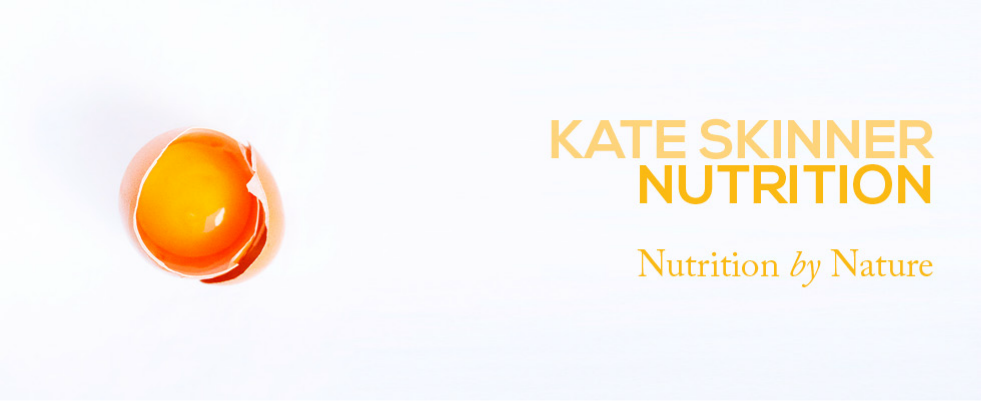Cauliflower (and it’s mate, broccoli, along with other cruciferous vegetables like kale, cabbage and Brussels sprouts) contain plant chemicals known as goitrogens, which can block the formation of active thyroid hormone, down-regulate thyroid function and essentially slow metabolism. Not a great thing if you’re trying to heal your metabolism, increase your core body temperature/metabolic rate, lose weight or achieve overall better health. Yes, cauliflower and broccoli contain lots of viable micronutrients and on-paper look like brilliantly healthy foods – but as foods for humans their nutrient profiles translate very differently in the body. Aside from the goitrogens, they contain large amounts of insoluble fibre (cellulose, which we humans can’t digest) that can be quite irritating to the gut (which is why these vegetables can cause bloating and flatulence) and also inhibit the amount of nutrients you absorb from these foods and any others ingested in the same meal.
By all means, if you love cruciferous vegetables like cauliflower and have a well-functioning metabolism (your digestion is spot-on, you are free from constipation, your hair, nails and skin are perfectly healthy, you’re generally ‘warm’ with little effort, you’re not over-exercising and you’re not under-eating), then go right ahead and consume them in moderation – just make sure they’re very well-cooked (raw kale smoothies are most definitely a no-go!) and that you’re avoiding other concentrated sources of goitrogens such as soy.
But back to potato pancakes!
Potato pancakes with eggs
300g white potatoes
1 small red onion
2 tbs parmesan cheese, grated
2 tbs rice flour
3 eggs
1 tbs coconut oil
Salt and pepper
Boil two of the eggs in simmering water to your liking (I soft-boiled my eggs for around 3 minutes after the water had come to a boil).
Grate the potatoes and onions using a hand-held grater, mandolin or food processor (if you use the latter, don’t process them too finely). Place the grated vegetables in a sieve and press down firmly with your hands to squeeze out any excess liquid.
To the potato and onion mixture, add the remaining egg, cheese and rice flour, mix thoroughly and season well with salt and pepper.
Heat the coconut oil in a medium-sized flat-bottomed frying pan, and panfry the potato mixture in batches, using around 3 tbs of mixture per pancake and cooking for 3-4 minutes each side. Drain cooked pancakes on paper towel.
Serve pancakes hot, with eggs and extra salt and pepper. Any remaining pancakes are also tasty served cold, and can be kept, refrigerated, for up to 2 days or frozen for up to 3 months (defrost at room temperature/in the oven/on the stovetop before eating).
*Potatoes do contain some natural toxins called glycoalkaloids, particularly solanine and chaconine, the amounts of which are increased by exposure to light and are concentrated just underneath the potato skin. Choose quality, fresh spuds (organic if possible) and avoid green-tinged or bitter varieties. Also, store them away from light, and cook them well (cooking at temperatures over 170°C mostly destroys the glycoalkaloid content).
Kate is a certified Clinical Nutritionist and offers one-on-one coaching for clients in Sydney Australia, and internationally via Skype or email. Visit the nutrition services page to find out more about private coaching, and be sure to subscribe via email and follow the Nutrition by Nature Facebook page for blog updates, articles, nutrition tips, recipes and special offers.



